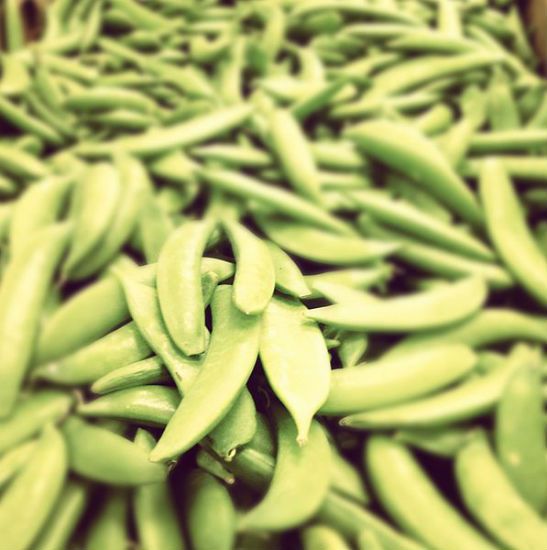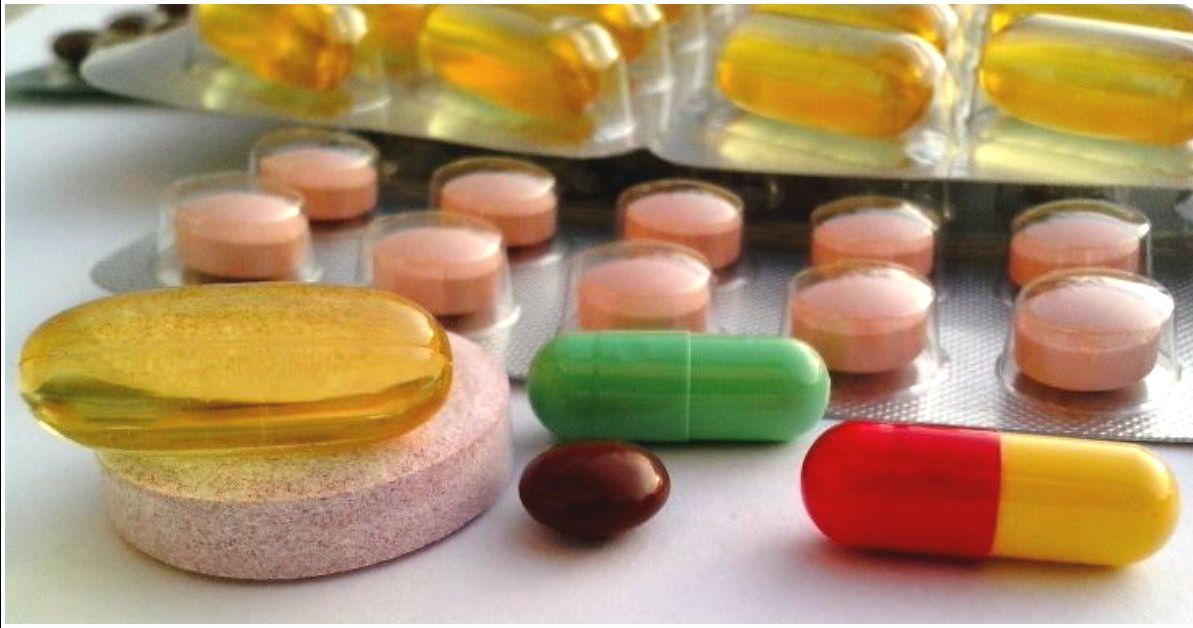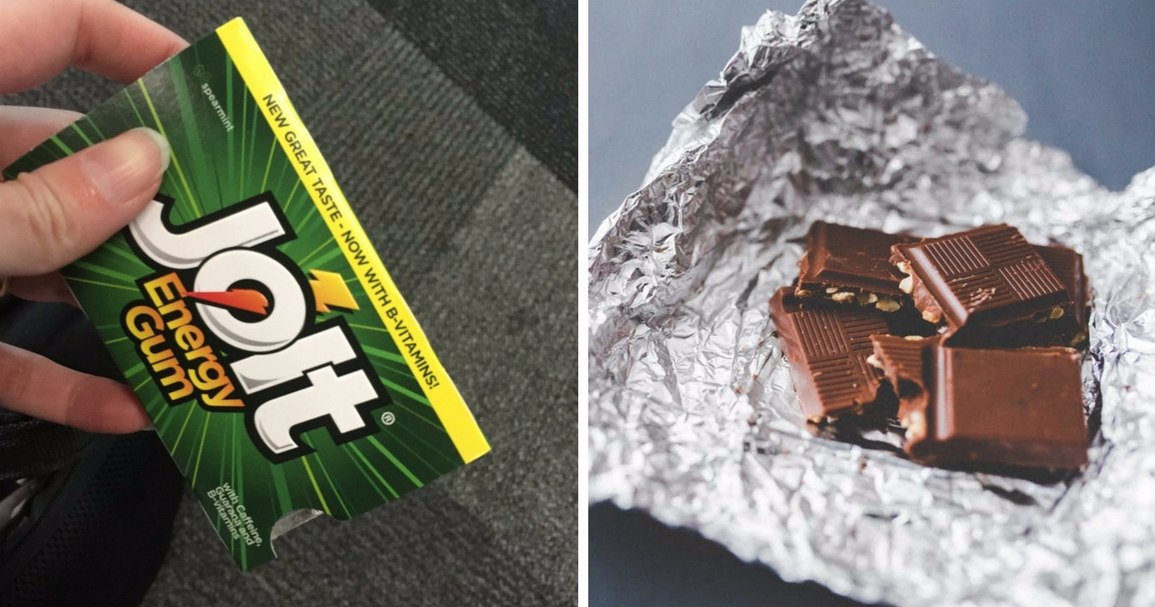In my house, "diet" is just another four letter word.
Of course I try to eat healthy and exercise when I can, but my busy schedule gives me plenty of excuses to eat junk food.
As we get older, we need to try and supplement our lifestyles with vitamins and nutrients that keep our bodies young.
Remember to check with your doctor before adding any vitamins or supplements to your diet.
For women in their 50s and older, these are the 15 nutrients that are crucial for good health:
1. B12

B12 is critical to both your brain and nervous system, and also helps produce red blood cells. As we get older, our stomach acid thins and makes it harder to absorb this vitamin.
That means we need to seek out more healthy sources, including supplements and B12-rich foods.
Those include clams, trout, and liver.
2. Magnesium
Magnesium is the most abundant element in your body, and used in hundreds of different bodily reactions. A steady supply also keeps your energy levels up.
You can add magnesium to your diet through spinach, almonds, and cashews.
3. Zinc
Someone has probably recommended zinc to you as an immune system booster. It's actually unhealthy in large doses, but as we get older it's harder to meet our body's demand.
Plus, conditions like diabetes, liver and kidney disease can make you zinc deficient.
You can get more zinc from red meat, beans, and oysters.
4. Iron
Women actually tend to need less iron as they age, but it's still important to make sure you have a steady supply in your diet.
Iron is a crucial ingredient for the processes that repair cells and transport oxygen through your body.
To get more iron, add beef, chicken, leafy greens and fortified breakfast cereals to your grocery list.
5. Folate

Also known as B9, this vitamin prevents anemia. It has also been shown to reduce your risk of heart disease and stroke.
While folate is usually taken as a supplement, it can also be found in spinach, beans, peas, and oranges.
6. Vitamin C

Most people know that you can get a steady supply of vitamin C from orange juice, citrus fruit, and peppers, but this nutrient is more important than you know.
It keeps cataracts at bay, helps wounds heal faster, and may prevent certain kinds of cancer.
7. Potassium
As we age, we need to cut salt out of our diet and add more potassium instead. It lowers your blood pressure, protecting you from hypertension, heart attacks and strokes.
Bananas are famously rich in potassium, but so are broccoli and potato skins.
8. Vitamin D

As women enter menopause, losing bone density becomes a major concern. Like calcium, vitamin D strengthens bones. It can also soothe chronic pain.
This nutrient is known as the "sunshine vitamin," because our bodies can absorb it from the sun's rays.
It's also found in supplements, and in foods like cheese, tuna, and egg yolks.
9. Omega-3 Fatty Acids
Along with regulating your metabolism (to keep your hunger and weight under control) Omega-3s reduce plaque buildup in your arteries.
They also inhibit inflammation, which is helpful if you live with arthritis or other chronic conditions.
You'll find these fatty acids in flax seed, salmon, and walnuts.
10. Lutein
Research is still connecting the dots between this nutrient and the human eye, but it seems to lower your risk of developing cataracts and age-related eye degeneration.
You'll find lots of lutein in kale, along with broccoli, spinach and eggs.
11. Calcium

As we get older, our body makes up for the lack of calcium in our diet by leeching it from our bones.
Over time, this can lead to bone fractures and painful conditions like osteoporosis.
There are a surprising number of calcium-enriched foods, but you can also find it in cheese, yogurt, and figs.
12. Vitamin B6
This nutrient keeps your immune system healthy, so your body can ward off diseases. It also regulates your metabolism, to keep you from putting on weight as you age.
You'll find B6 in potatoes, chicken, and beans.
13. Probiotics
The amount of bacteria in your gut shrinks as you get older. This might sound like a good thing, but "gut flora" actually helps absorb nutrients from your food.
There are many probiotic supplements that give your gut a healthy boost.
But yogurt, kefir, and dark chocolate are also probiotic.
14. Fiber

Fiber has a surprising amount of uses for your body.
It stabilizes your blood sugar levels, plus regulates your digestion and metabolism.
With a fiber-rich diet, you feel full longer and "go" regularly.
Foods with fiber - like fruit and vegetable skins, seeds, beans, and whole grain bread - also "cancel out" a few calories with every bite, so it's easier to stay at a healthy weight.
15. Protein
Your muscle mass shrinks naturally as you get older, and a slower appetite doesn't help.
But losing muscle has a knock-on effect on your body's immune system.
Try eating more beef, chicken, and beans, or drinking protein powder drinks to balance your diet.
Are you already taking any of these vitamins?
[H/T: AARP, Fox News, Prevention]

